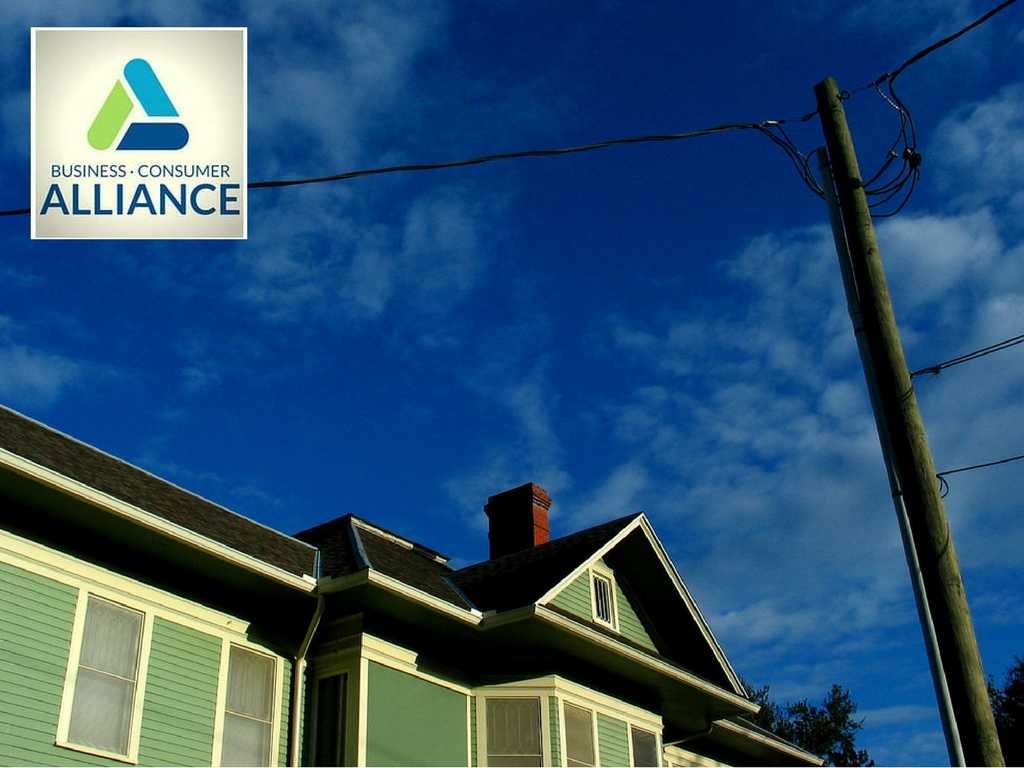
If you own a home or property, you may have received notices offering protection plans to help cover the cost of repairing utility lines. If your utility line fails, the cost of repairs can be costly. Protection plans are similar to a warranty and are offered by utility companies and third party vendors. They are voluntary, but can help cover the cost of making repairs if there’s an emergency. Here are six questions to consider when deciding whether a protection plan is right for you:
-
Is it likely that your utility lines will need repair?
Consider how old your property is and if the original utility lines are still intact. If the property is older, the lines are aged, or if your neighbors have experienced problems, you may want to think about coverage.
-
Do you live in a rental unit?
Check your lease agreement to see if your landlord is responsible for the utility lines on the property.
-
What does the plan cover?
Some plans do not cover pre-existing conditions, acts of nature, or have other stipulations. Knowing what is covered is key to determining if you should purchase a plan.
-
Do you already have coverage through your homeowners insurance?
Check your policy to see if it covers replacements or repairs to the lines. You can also consult your insurance agent for information. If the utility lines are not covered, ask if they offer similar coverage or have a vendor that provides these services.
-
How much will the plan cost?
Ask for all costs and double check that there are no hidden fees. Items such as deductibles, maximum limits allowed, execution or termination fees, or other charges should be clearly outlined in the agreement.
-
How will repairs be done?
The plan should clearly outline how to submit a request and who will do the work. The contract should also spell out if the company’s contractors will be used or if you can find your own contractor to do the repairs, plus how they will be paid.
As with any contract, take your time and thoroughly read the agreement. Ask as many questions as needed. Don’t feel pressured into signing something. You should feel comfortable with your purchase and that starts with getting as much information as you can before making a buying decision. Only consider using a reputable business. Check out potential companies by obtaining a report from Business Consumer Alliance.
About Business Consumer Alliance
Business Consumer Alliance (BCA) is a non-profit company that started in 1928. The broad purpose of BCA is to promote business self-regulation. BCA's mission is achieved by assisting consumers in resolving complaints with businesses and using that complaint information, along with other relevant information such as customer reviews, to forecast business reliability. With community support, BCA can identify trustworthy and ethical businesses and warn the public to avoid unscrupulous businesses whose purpose is to defraud the marketplace. BCA also helps businesses promote themselves by providing services and tools to protect their business and reach out to their customers. BCA obtains its funding from member businesses who support the mission and purpose of the organization and who agree to abide by high standards of ethical business practices.